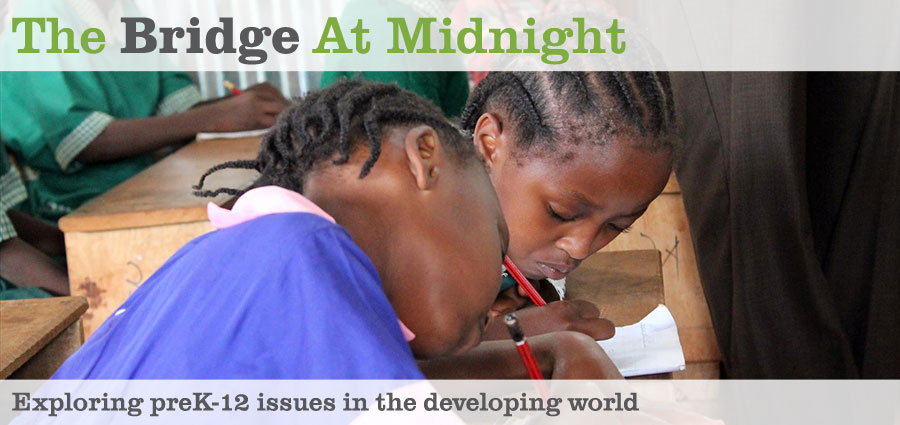Tom Loveless for the Win
Posted: March 17th, 2014 | Author: Michael Goldstein | | No Comments »
One of my mentors, Tom Loveless of Brookings, showed that Shangai’s scores on the PISA exam were inflated.
But journalists and pundits will focus on the results from one province, Shanghai, and those test scores will be depicted, in much of the public discussion that follows, as the results for China. That is wrong.
The PISA people tried to dodge him, so he got a little tougher in his next essay.
PISA’s blindness to what is really going on in Shanghai was also evident in the official release of PISA’s latest scores….
PISA officials are not shy about offering policy advice to countries, especially policies that the OECD believes will promote equity. Delaying tracking and ability grouping, reforming policies governing immigration, distributing resources so that schools with less get more, and expanding early childhood education—all have been promoted as equity-based policies. But not a word about reforming hukou. Not a word on a discriminatory policy affecting the education of millions of Chinese children. Not a word on the human rights story of migrant families in China and the human suffering that they must endure.
Today the PISA officials admitted Tom was right.
The man behind the influential international league table that placed Shanghai above all other school systems has revealed that his study does not include results of more than a quarter of pupils in the Chinese city.
The admission from Andreas Schleicher that the Programme for International Student Assessment (Pisa) only covers 73 per cent of Shanghai’s 15-year-olds will provide succour to sceptics who think that the city’s results are too good to be true.
I think a similar thing is going on in Kenya.
Kenya typically has about 1 million students in Class 5, Class 6, and Class 7.
But then roughly 20% of them never take the high-stakes KCPE at the end of Class 8. They are likely to be the lowest-scoring pupils in Kenya.


Leave a Reply